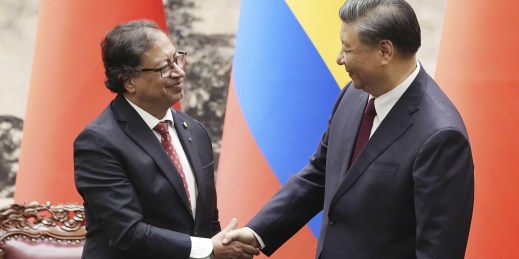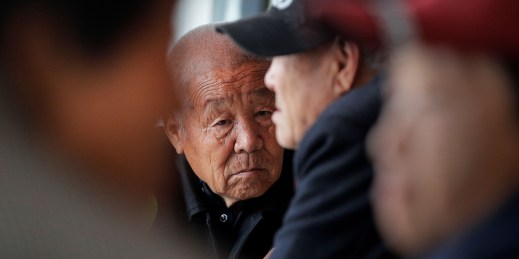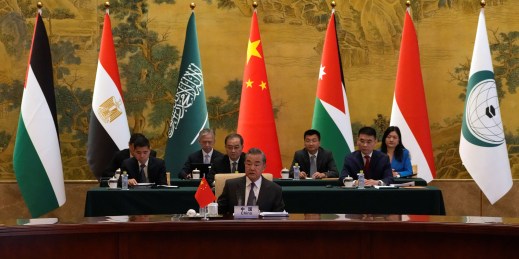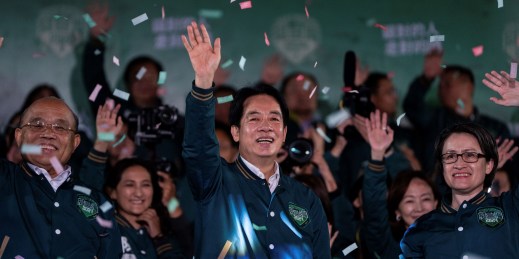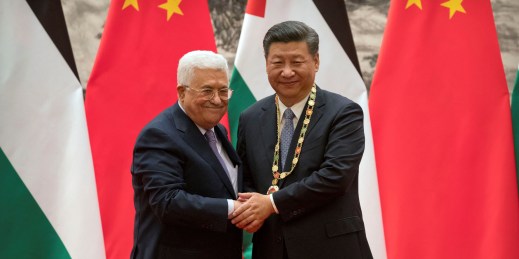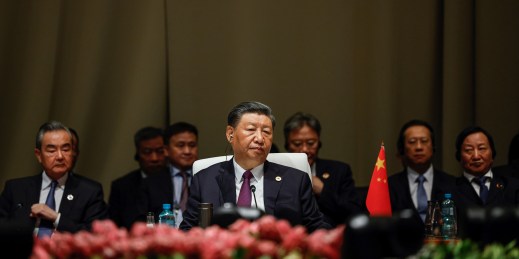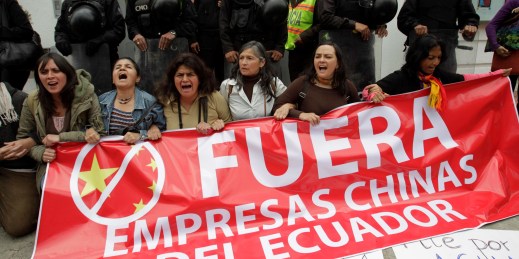
The Ecuador-China Free Trade Agreement has often been portrayed as a milestone for China in Latin America, but recent developments have thrown the fate of the deal into doubt. The sudden uncertainty has implications that extend beyond Ecuador’s borders, affecting the broader landscape of China’s relations across Latin America.

